There was an urgent requirement for new in-patient beds following a surge in demand for hospital services during the Covid-19 pandemic combined with the peak winter period.
As part of the hospital’s centenary celebrations and as a tribute to Captain Sir Tom Moore, the Trust have named the new ward after the army veteran.
Procured through NHS Shared Business Services, Premier was appointed to design, manufacture, and install a bespoke ward building to be in use for around 18 months.
Importantly, the building had to be designed in compliance with rapidly evolving guidance for infection control in the midst of the Covid-19 pandemic.
The revised design requirements included maintaining a space of 2m around each patient bed, increased access to handwashing, management of control routes around the building to facilitate social distancing, and to accommodate increased use of PPE.
The complex scheme had to be delivered during a lockdown with just 16 weeks from order to handover. Working seven days a week, Premier was able to reduce time on site from around 10 weeks to just six, to bring the building into use as fast as possible for critical patient service provision.
Chris Kelly, Estates Development Manager at North Middlesex University Hospital, said: “The Premier team understood the vital importance and urgency of this project from the outset and as a result worked harder and faster to make it happen.
“There was incredible pressure to deliver this building to such a short programme. Premier grasped our mindset as healthcare providers and the real world impact this building would have on our patients waiting for treatment.
“Despite the pressures, the Premier project team was constantly collaborative, flexible and worked as a genuine partner to the Trust.
“Their team was sensitive and respectful of the hospital environment at all times and of our need to maintain services and the highest standards of patient care throughout. We have had really positive feedback from patients about the new facility and hope to work with Premier on future projects.”
The hiring of modular accommodation is a fast and flexible way for healthcare providers to expand capacity or relocate services, particularly on constrained hospital sites. The approach also gives NHS trusts greater flexibility as the facilities can be dismantled and removed if local needs change.
Buildings to accommodate wards and ancillary services can be delivered in a fraction of the time of a site-based construction solution. Critically, purpose-designed facilities can be installed on hospital sites with far less disruption to patient care.
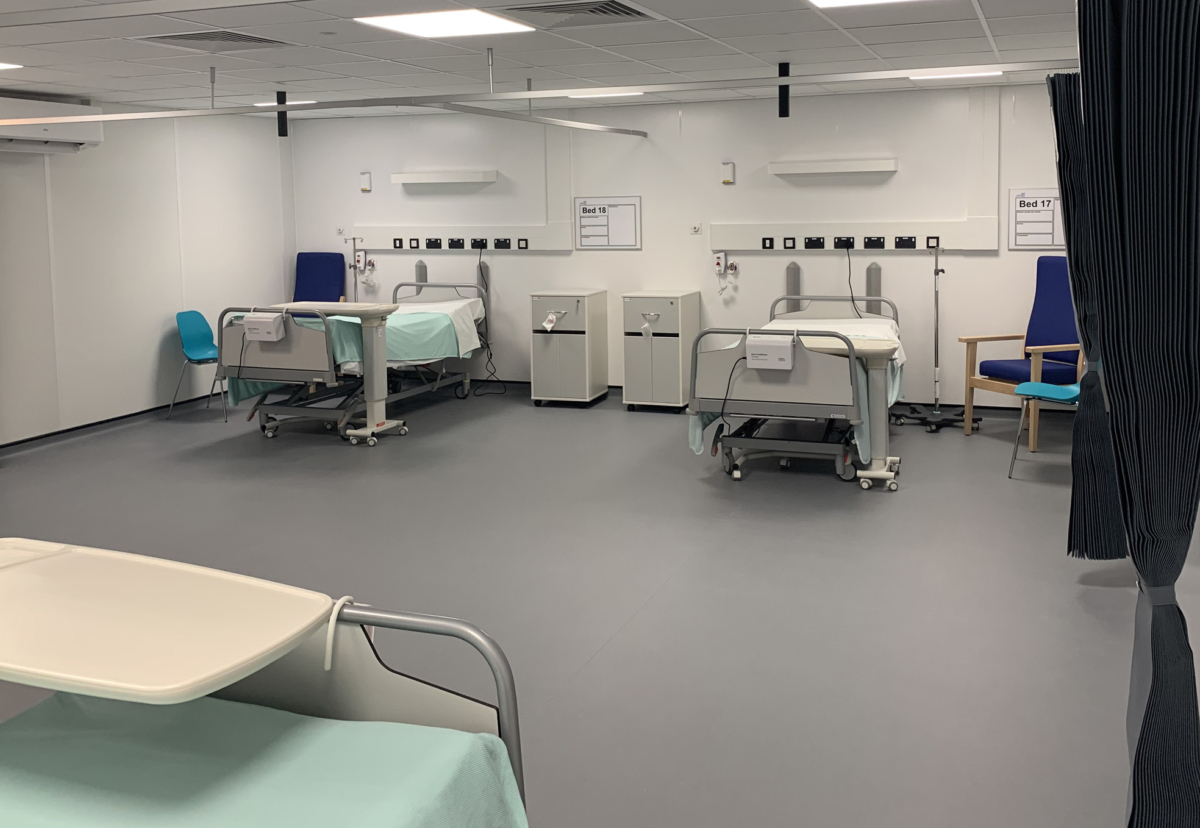







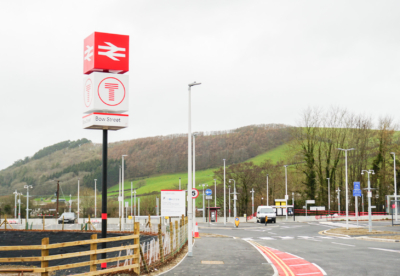


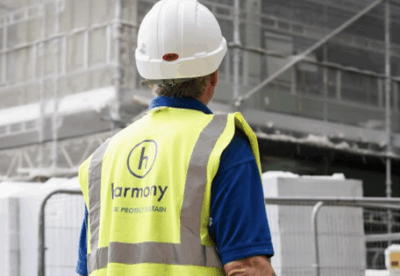
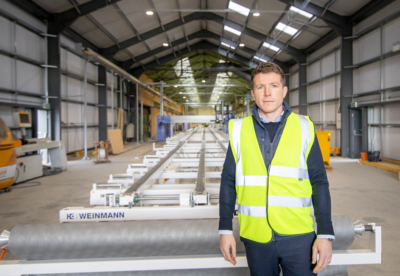
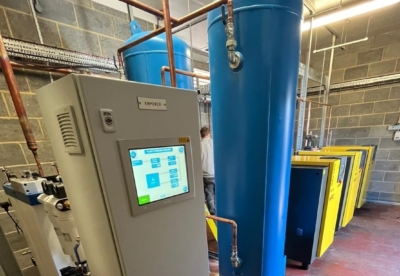

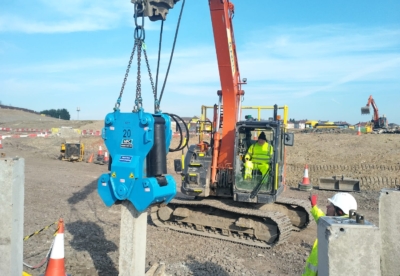
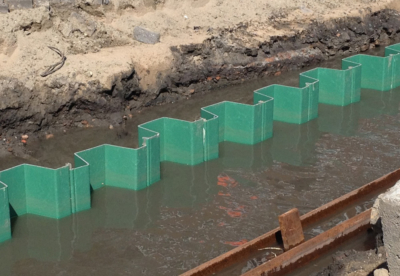
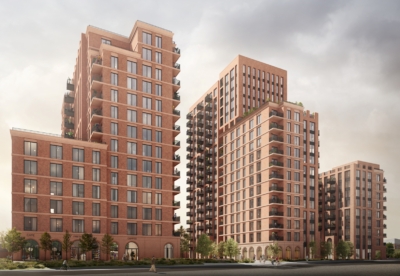

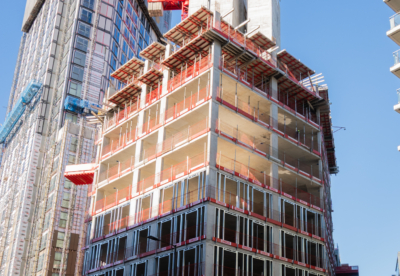





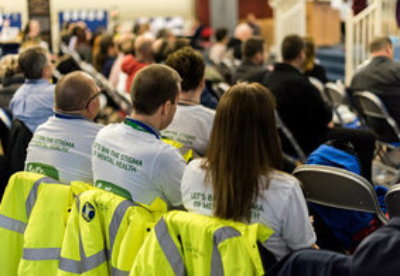


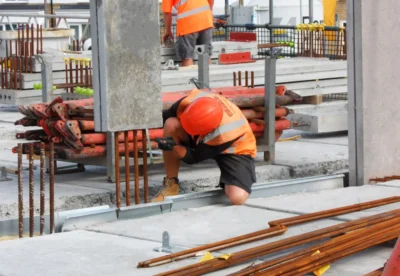
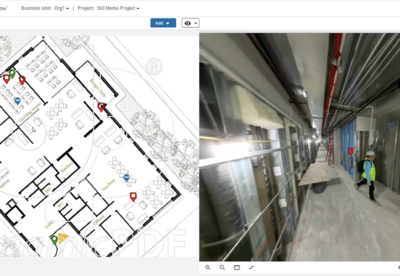


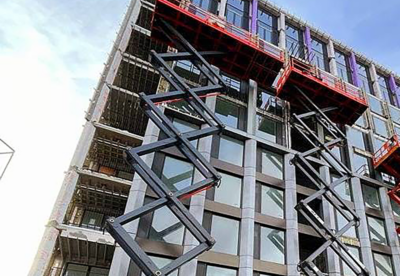


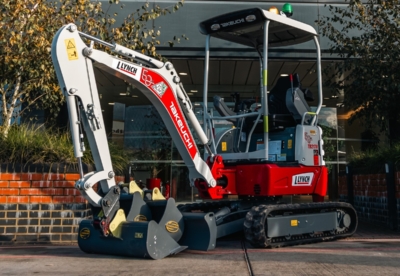
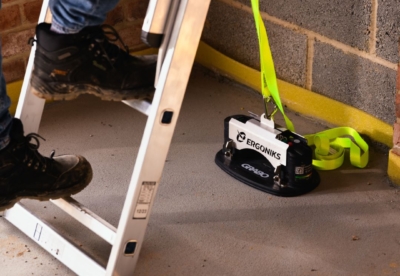




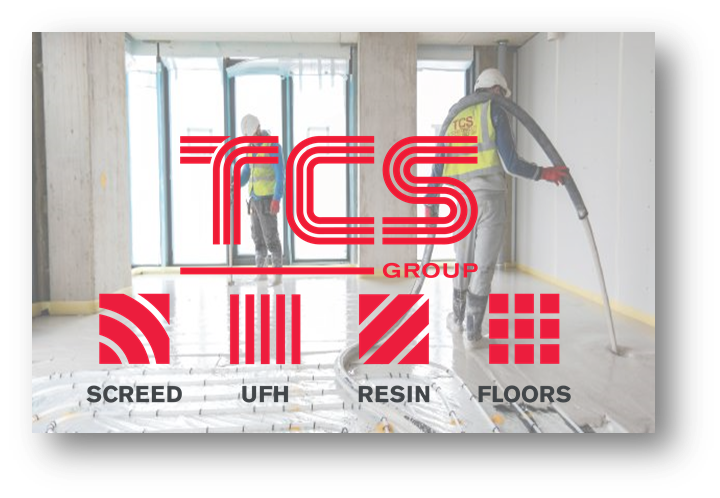






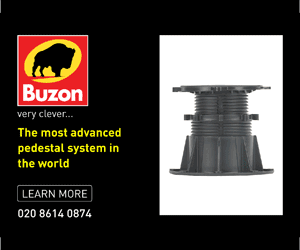



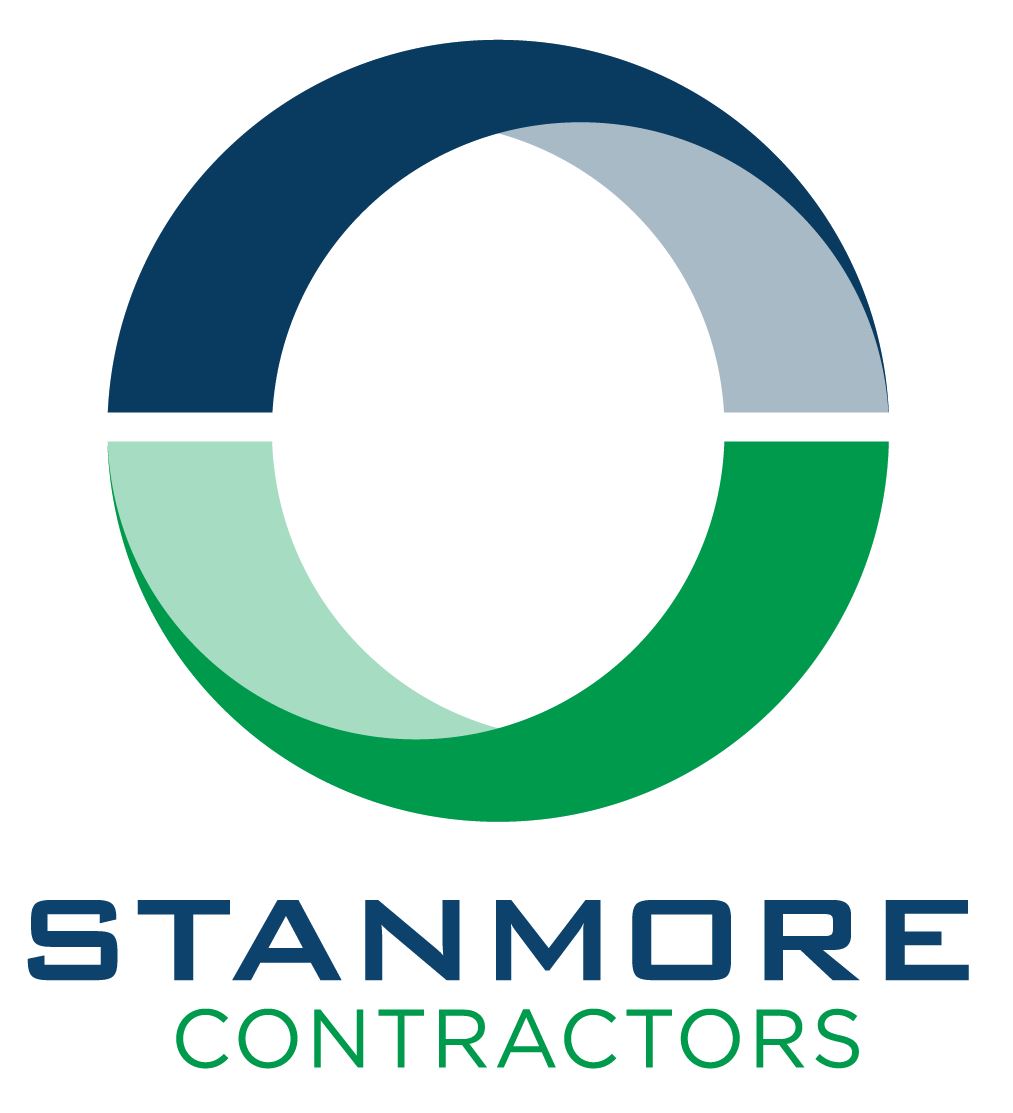


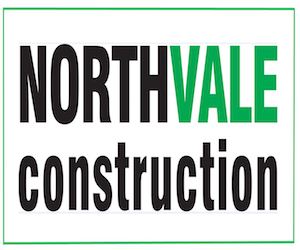





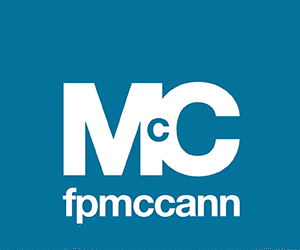




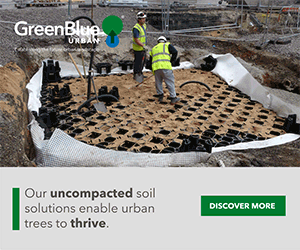














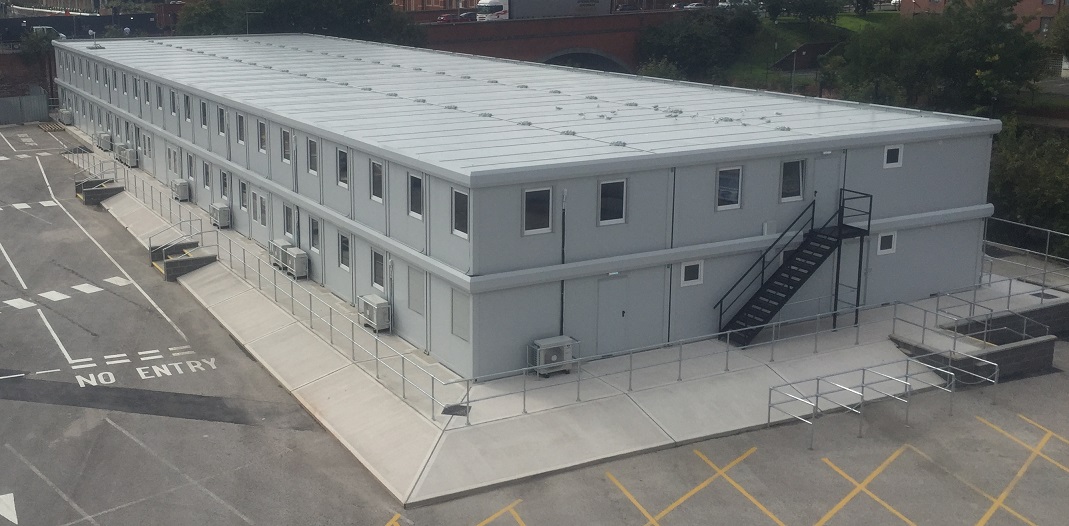



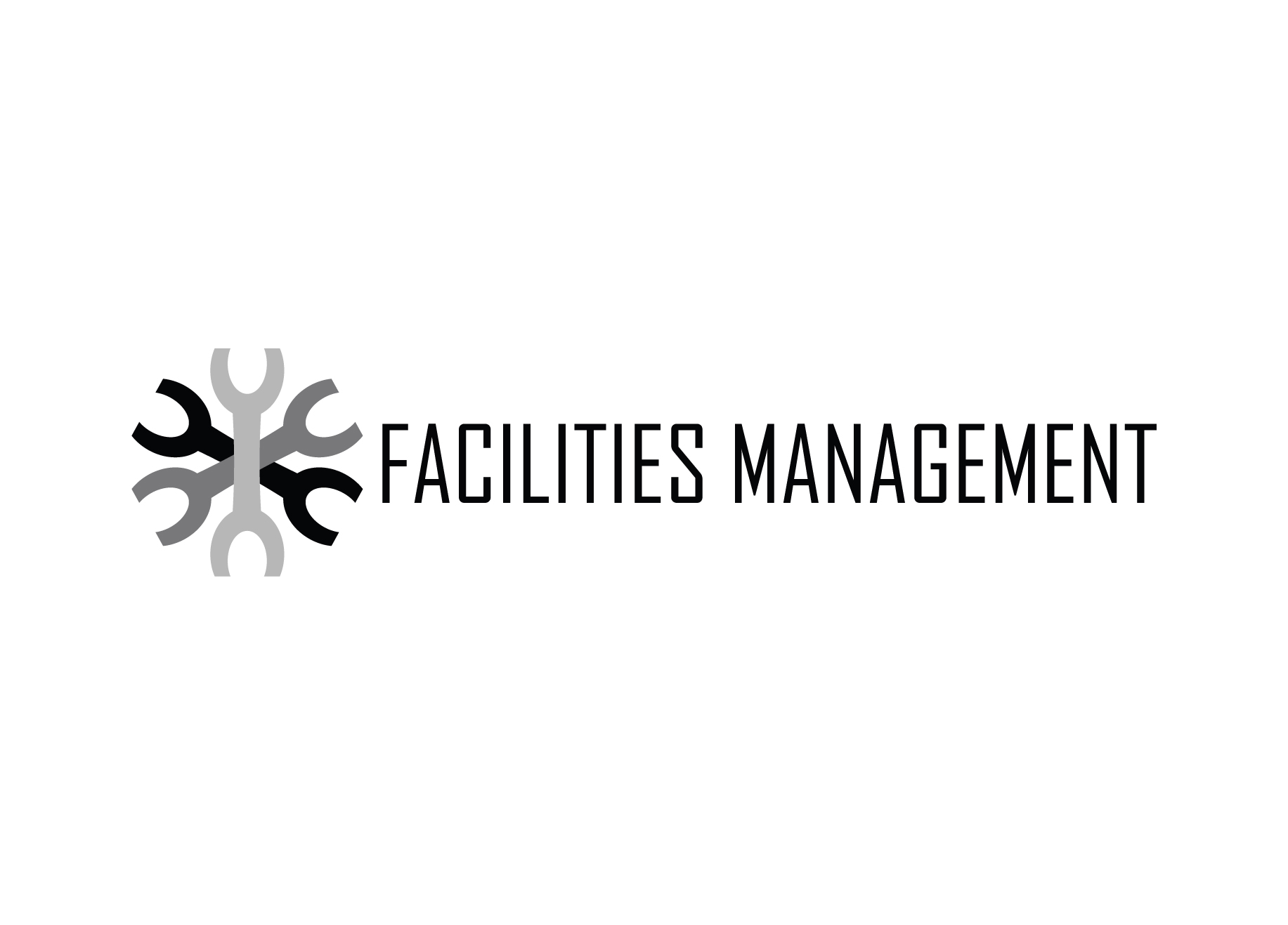
.gif)

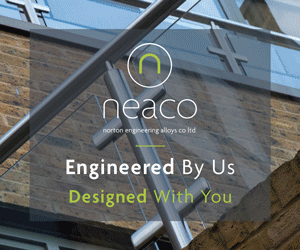

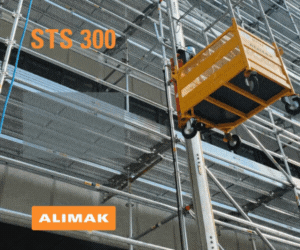






 (300 x 250 px) (2).png)



